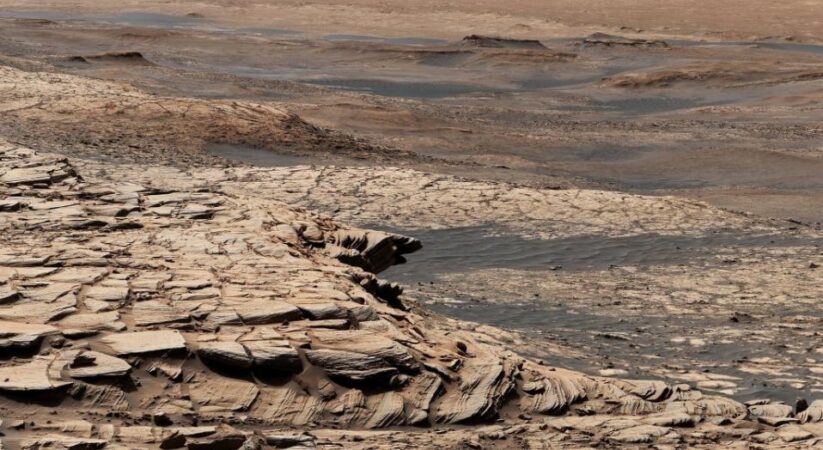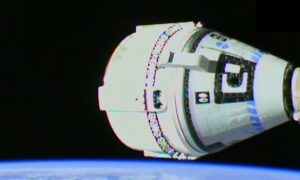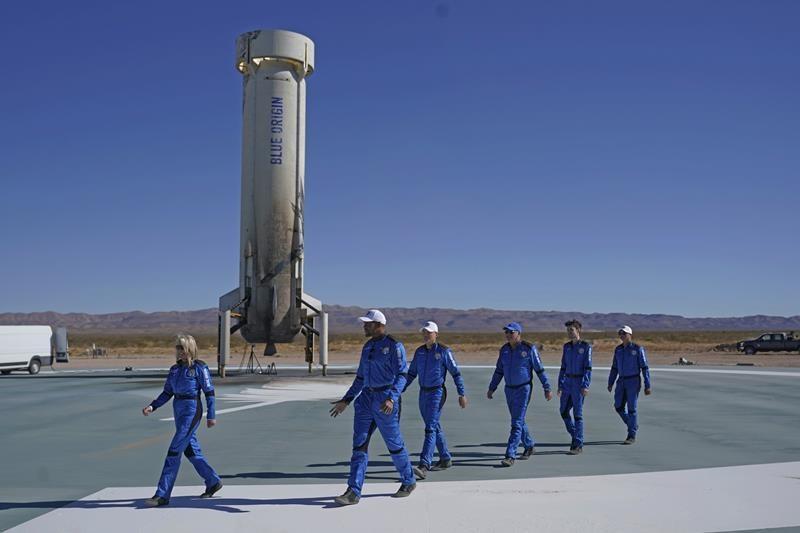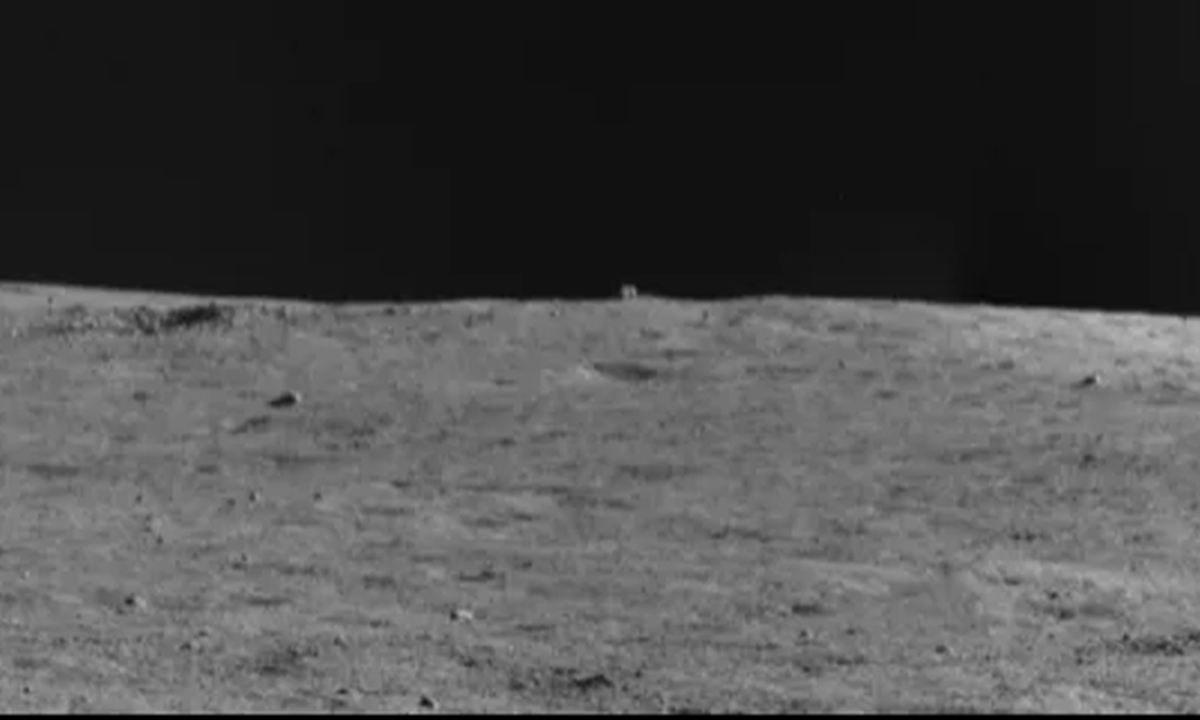It could have enormous ramifications for space travel.
They could accidentally sully Mars and some other world they’re investigating later on with microorganisms from our planet. Researchers from NASA and the German Aerospace Center dispatched a few parasitic and bacterial living beings to the stratosphere back in 2019 as a feature of the MARSBOx explore.
The stratosphere, the subsequent significant layer of the Earth’s climate situated over the ozone layer, has conditions that intently take after the Red Planet and is ideal spot to send tests to sort out on the off chance that they’d get by on Mars.
Presently, the researchers have distributed a paper on their discoveries, where they talked about how the spores of dark form endure the outing.
The microorganism could just live on the outside of Mars briefly to be exact, however the specialists found that the spores could be resuscitated after they got back. The group put contagious spores of Aspergillus niger and Salinisphaera shabanensis, Staphylococcus capitis subsp. capitis and Buttiauxella sp.
MASE-IM-9 bacterial cells inside the MARSBOx (or Microbes in Atmosphere for Radiation, Survival, and Biological Outcomes Experiment) aluminum compartment. There were two example layers inside the compartment, with the last one being protected from radiation so NASA can isolate the impacts of radiation from the impacts of other ecological conditions.
A NASA swell conveyed the holder to the stratosphere, where the examples were dependent upon Martian-like conditions and presented to UV radiation over multiple times more than the levels that cause burn from the sun.
All in all, what does Aspergillus niger enduring the excursion mean for space travel? As Katharina Siems, a colleague from the German Aerospace Center, said:
“With crewed long-term missions to Mars, we need to know how human-associated microorganisms would survive on the Red Planet, as some may pose a health risk to astronauts. In addition, some microbes could be invaluable for space exploration. They could help us produce food and material supplies independently from Earth, which will be crucial when far away from home.”
A year ago, NASA refreshed its strategies to mirror its more grounded obligation to keeping the Moon and Mars from human tainting. The organization needs to ensure it doesn’t unwittingly take organic entities or different toxins from Earth to different universes, since that could bargain the quest for extraterrestrial life.
Bringing them home from different universes could likewise adversely influence our current circumstance. Siems clarified that trials like the MARSBOx mission “is a really important way to help us explore all the implications of space travel on microbial life and how we can drive this knowledge towards amazing space discoveries.”
Disclaimer: The views, suggestions, and opinions expressed here are the sole responsibility of the experts. No Chicago Headlines journalist was involved in the writing and production of this article.





